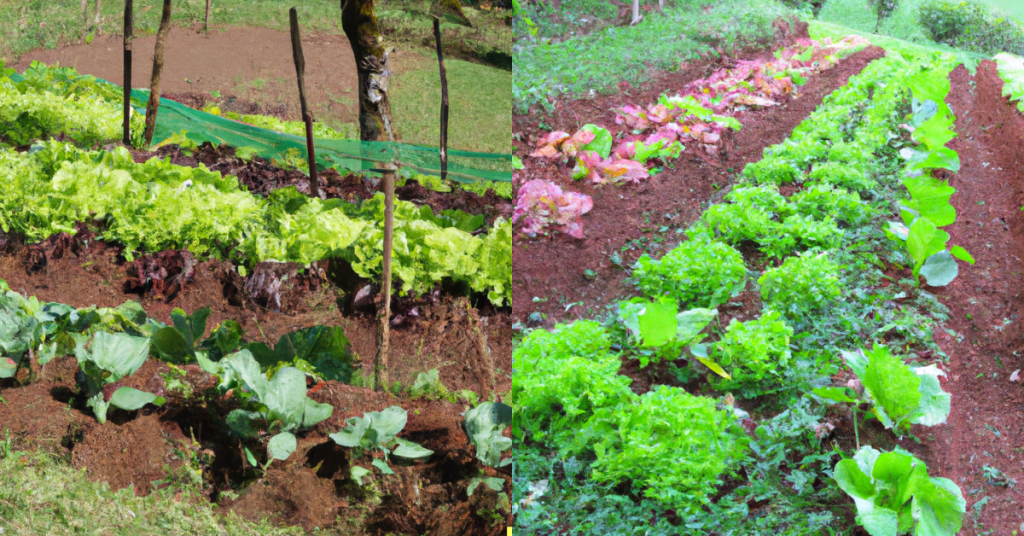Introduction
Organic farming is a method of agriculture that relies on natural processes to maintain and enhance soil fertility, control pests and diseases, and promote the health and well-being of plants and animals. Organic farming practices typically include crop rotation, the use of compost and other organic fertilizers, and the avoidance of synthetic pesticides and fertilizers. Organic Farming and its benefits to Biodiversity is really need to look into by us for better world. Another post of me is why organic food should be followed regarding this topic.
One of the primary benefits of organic farming is its positive impact on biodiversity. Organic farms tend to support a greater diversity of plant and animal species than conventional farms. This is because organic farming practices promote the growth of native plants and the creation of habitats that support a variety of beneficial insects, birds, and other wildlife.
Here are some of the ways in which organic farming benefits biodiversity:
1. Preservation of soil health
Organic farming practices prioritize the health of the soil, which is the foundation of any healthy ecosystem. By avoiding synthetic fertilizers and pesticides, organic farmers promote the growth of beneficial soil microorganisms that help to break down organic matter and make nutrients available to plants. This leads to healthier and more fertile soil, which supports a greater diversity of plant species and provides habitat for a variety of soil-dwelling organisms.
2. Reduction in pesticide use
Organic farming avoids the use of synthetic pesticides, which can be harmful to beneficial insects and other wildlife. By reducing pesticide use, organic farms provide a safer environment for bees, butterflies, and other pollinators, as well as predators like birds and bats that help to control pest populations.
3. Crop rotation
Organic farmers often use crop rotation to maintain soil fertility and control pests and diseases. By alternating crops in a field, organic farmers can disrupt the life cycles of pests and prevent the buildup of soil-borne diseases. This also promotes the growth of different types of plants, which provides food and habitat for a wider range of wildlife.
4. Habitat creation
Organic farmers often create habitats that support a variety of wildlife. This can include leaving some areas of the farm unplanted to provide nesting sites for birds, planting hedgerows or other native vegetation to provide food and shelter for insects and other wildlife, and providing water sources for birds and other animals.
Organic farmers often create habitats that support a variety of wildlife. This can include leaving some areas of the farm unplanted to provide nesting sites for birds, planting hedgerows or other native vegetation to provide food and shelter for insects and other wildlife, and providing water sources for birds and other animals.
